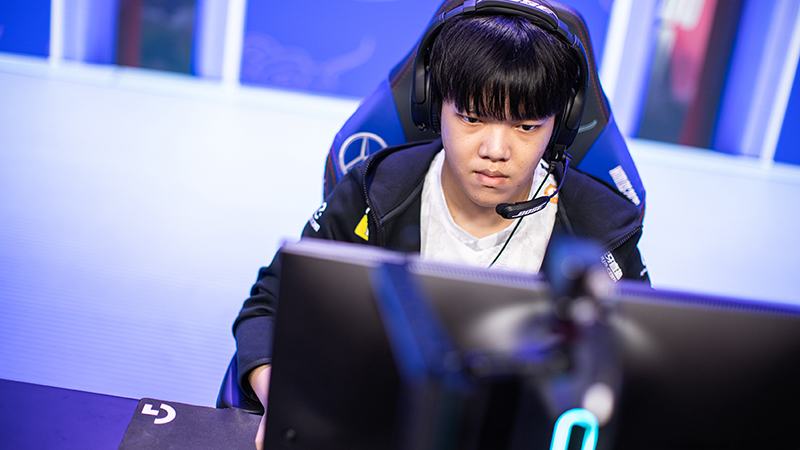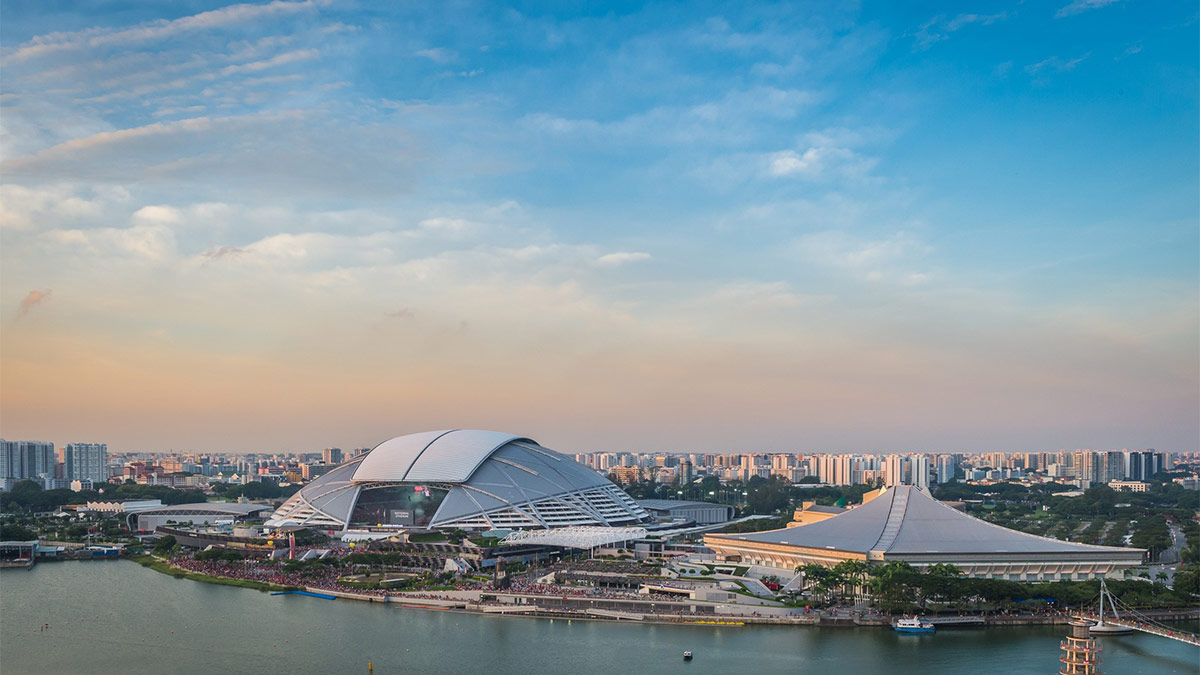This is a guest post by Mindy Warner.
The action is heating up at the 2020 League of Legends World Championships, as the world’s biggest esports event has been underway from Shanghai, China since late September. And while the COVID-19 pandemic has forced this year’s tournament to become the first that is fully remote, the strength, reliability and security of Cisco’s Network has enabled the innovative 2020 World Championships to be flawlessly delivered to fans across the globe.
At the competition’s inception on September 25, 22 teams from 11 regions had qualified based on their placement in regional circuits, such as those in China, Europe, North America, South Korea and more. Now as we approach the semifinals over the upcoming weekend, the fierce competition has left a total of only four teams standing.
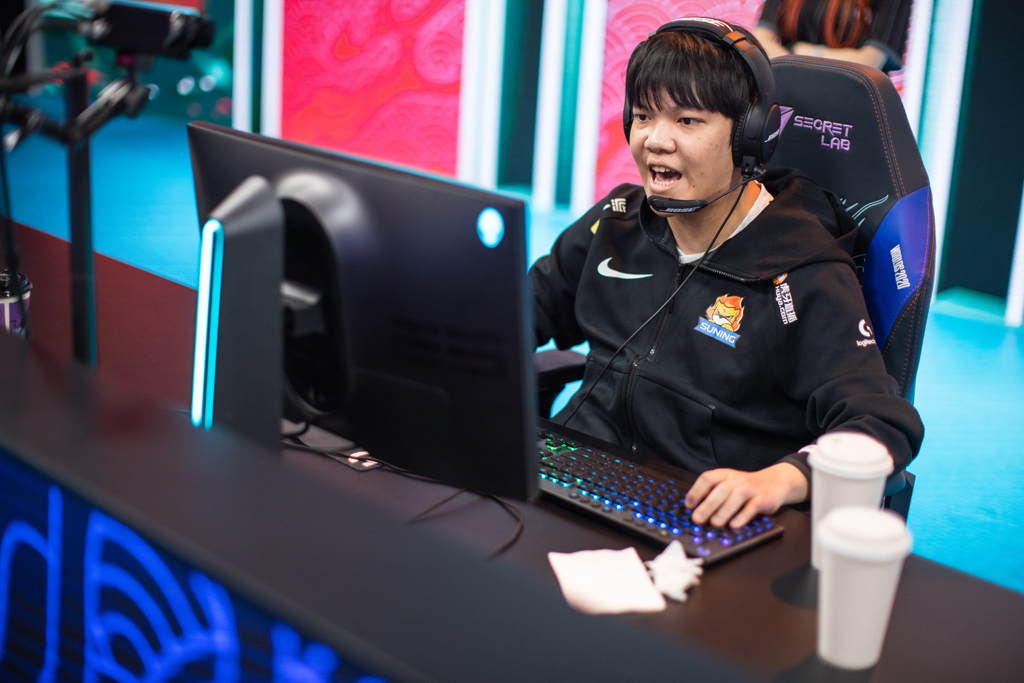
Those teams – Suning, Top Esports, Damwon Gaming and G2 Esports – represent the best of the best, with players whose elite skill level and lifelong devotion to League of Legends have enabled them to reach the game’s biggest stage. And while esports has certainly grown into a global phenomenon compared to its humble beginnings, there are still many people unfamiliar with the day-to-day life and unique journey involved in becoming a professional player.
To that end, we caught up with three of the tournament’s semifinalists – Angel from Suning (LPL), Nuguri from Damwon Gaming (LCK) and Karsa from Top Esports (LPL) – each of whom are experienced veterans with multiple years on the professional tournament scene.
Angel, a 20-year old from China who currently plays a role known as “Mid Laner” for Suning, most recently helped his team win first place at the LPL 2020 Regional Finals. Nuguri is a South Korean native occupying the “Top Laner” position for Damwon Gaming, who has been one of the main stars of the team, tied for the highest kills/deaths/assists ratio (5.2) and highest average gold difference at 10 minutes (349). But even with all of Angel and Suning’s impressive accolades, Karsa is easily the most recognizable player of the group. A Taiwanese professional who is the immensely skillful “Jungler” for Top Esports, Karsa has won several LMS titles as well as many other international events.
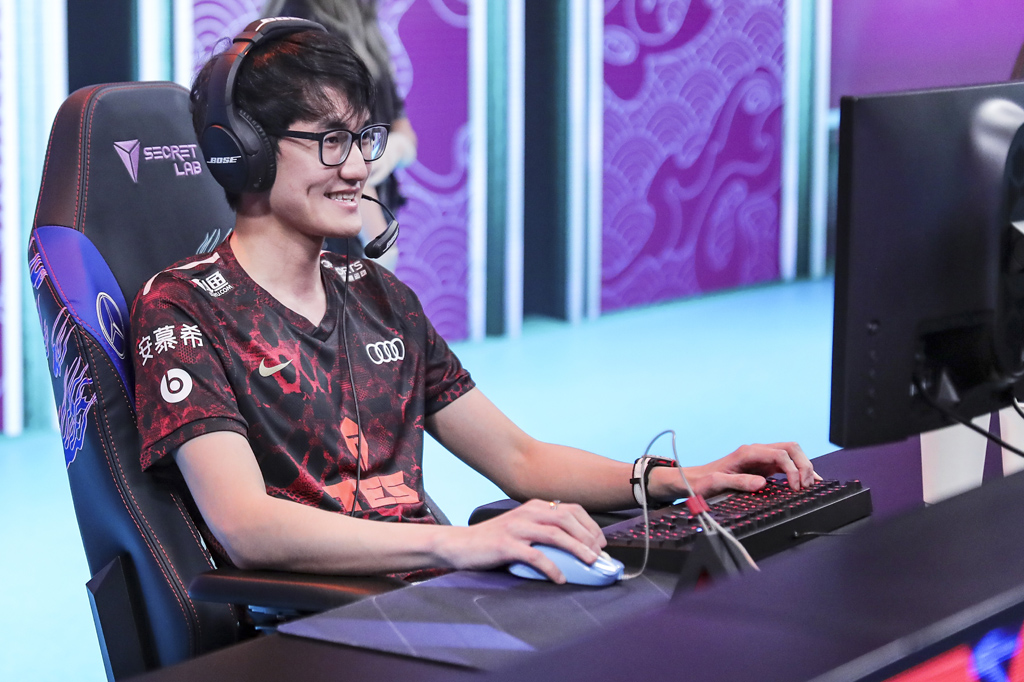
We caught up with the stars to discuss all the hottest topics related to the 2020 Worlds format, how they chose this unique career pathway and more:
Why do you think Worlds has become the biggest and best championship in the esports universe?
Angel (Suning): Every year, top pros from everywhere gather at Worlds, bringing different styles and top-ranked plays to the stage. Worlds also now has reached its tenth year and has become mature in format, live broadcasting, and other aspects.
From a player experience standpoint – how would you describe the intensity of the competition?
Karsa (Top Esports): The competition at Worlds has always been intense. Fighting with unfamiliar teams from other regions means not knowing what your opponents have prepared for the match, so you’ve also got to prepare a lot.
What has the experience this year been like compared to years past?
Angel (Suning): I’m thrilled to participate in Worlds in Shanghai - my own hometown - and introduce this city of esports to fans around the world. However, there’s no audience until the final due to COVID-19, so we haven’t been enjoying any cheers this year so far. It’s a shame that we can’t feel the passion from fans around the world up close.
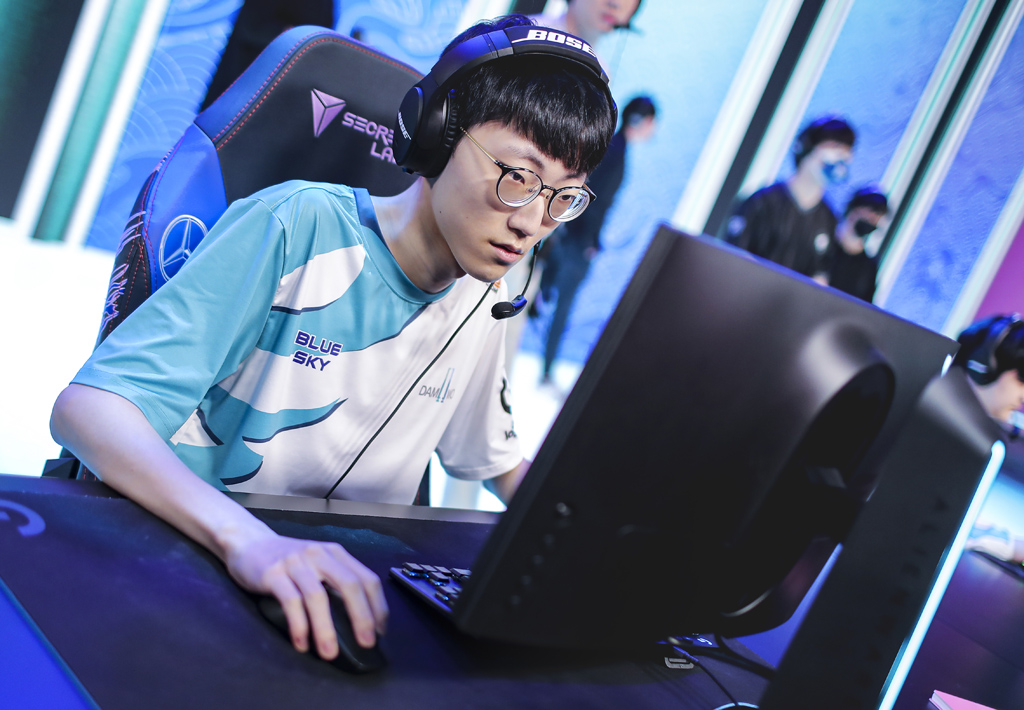
What does it mean to you to be able to play this tournament in front of tens of millions of people?
Nuguri (Damwon Gaming): It means I can prove myself, but also fall behind.
Angel (Suning): It means a lot to me. This is my first Worlds. Although there is some pressure, it’s still a wonderful opportunity for improvement.
What was your pathway to becoming a professional esports player? At what point did you realize that this could be a career path and not just a hobby?
Nuguri (Damwon Gaming): Esports has been consistently gaining more attention over the past years. I believe this constant increase of influence made it possible for me to consider being a professional esports player as a career path.
What does your training look like, and how is it similar / different from professional players in other sports?
Karsa (Top Esports): Daily training keeps us in good standing and fosters team cooperation. It’s a game of five, after all. The main difference between esports and other sports is probably that it doesn’t require as much physical strength like jumping or running, but needs more focus, teamwork, and proficiency.
How has the perception of esports and professional esports players changed over the past few years? How does this affect your daily life?
Nuguri (Damwon Gaming): Before, I think the common perception was of a game addict, but now I think it has gotten much better as people started seeing it as a sport. I also feel much more stable as the perception around esports gets better and feel proud to be a part of it. I also feel very positive as I get more and more support.
###
We welcome the re-use, republication, and distribution of "The Network" content. Please credit us with the following information: Used with the permission of http://thenetwork.cisco.com/.
